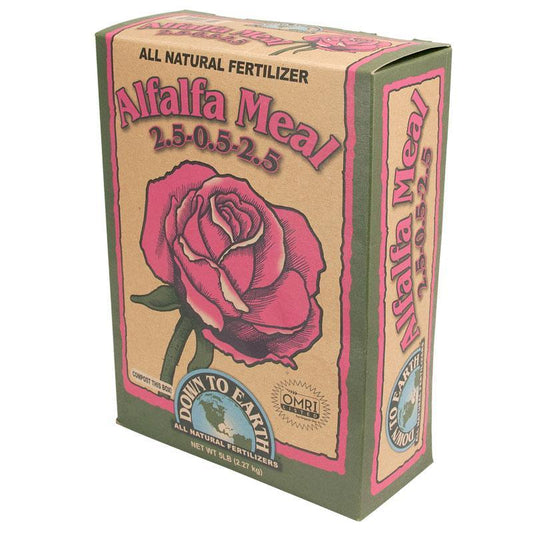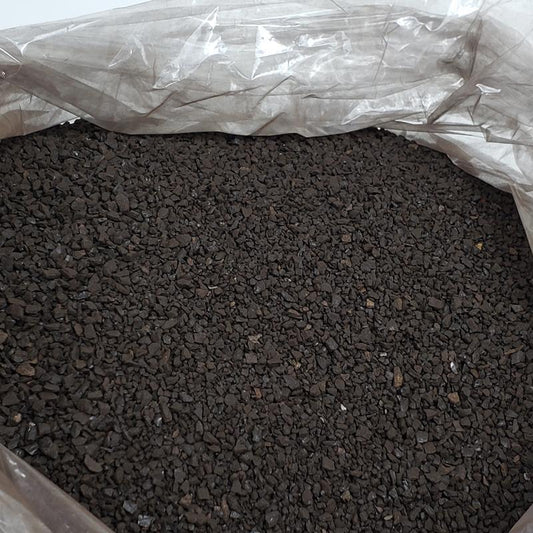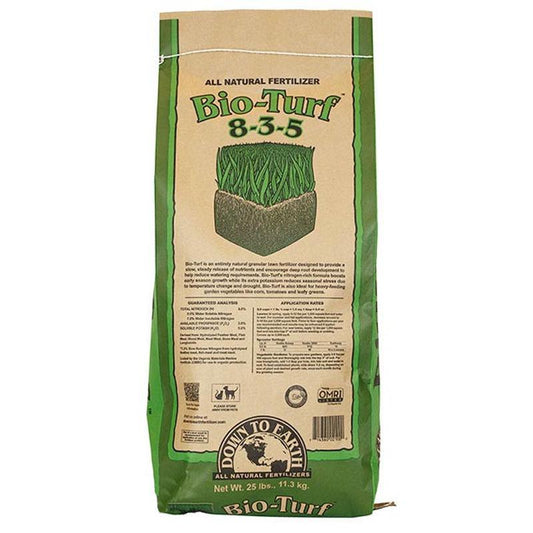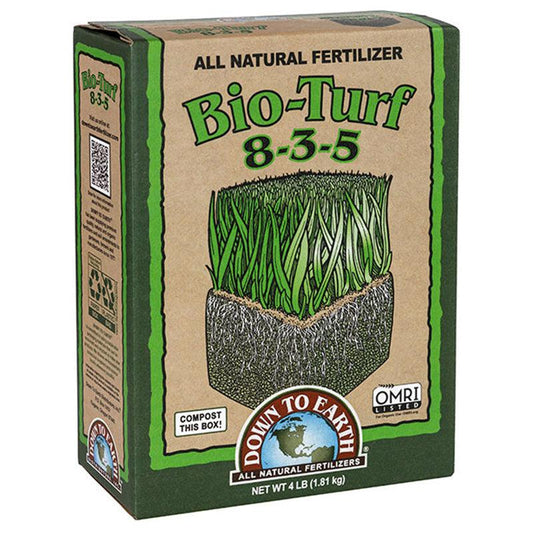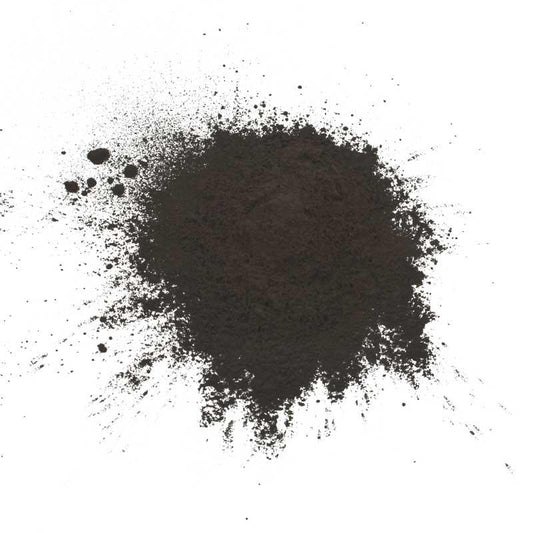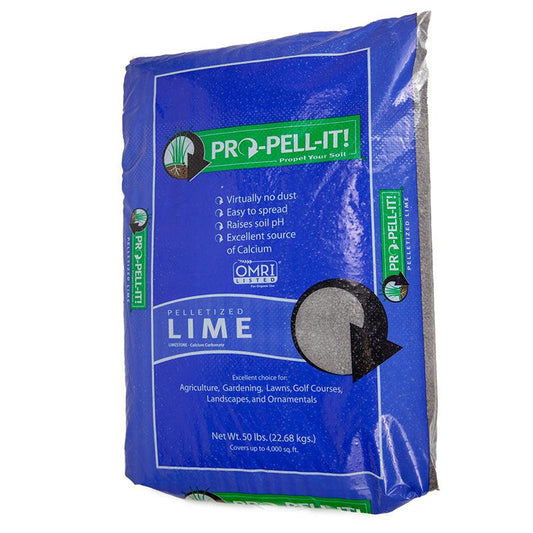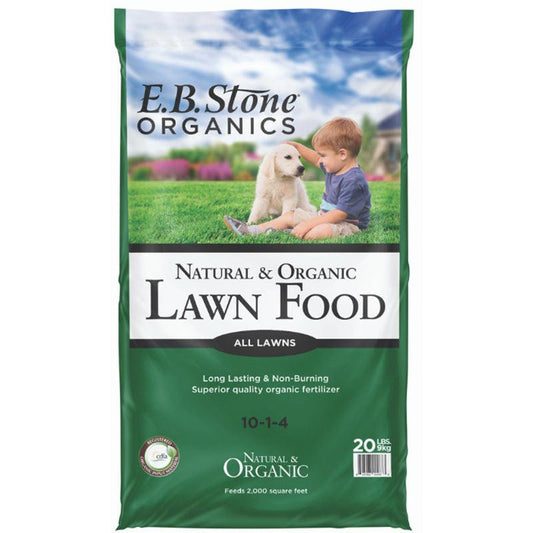Collection: Keep your lawn green!
Organic Lawn Fertilizers: Nurturing Your Lawn Naturally
Maintaining a lush and healthy lawn is a goal cherished by many homeowners. One crucial aspect of achieving this is using the right lawn fertilizer. Organic lawn fertilizers have gained popularity as an eco-friendly and sustainable alternative to chemical counterparts.
Benefits of Organic Lawn Fertilizers
Organic lawn fertilizers offer a multitude of benefits that make them a preferred choice for conscientious homeowners:
-
Environmentally Friendly: Organic fertilizers are derived from natural sources and do not contain harmful chemicals or synthetic additives. They promote soil health and biodiversity while reducing the risk of groundwater contamination.
-
Slow Release Nutrients: Organic fertilizers release nutrients gradually, providing a steady supply of nourishment to your lawn over time. This reduces the risk of over-fertilization, which can harm your grass and surrounding ecosystems.
-
Improved Soil Structure: Organic fertilizers improve soil structure by increasing its ability to hold water and nutrients. This helps the soil retain moisture, reduce erosion, and enhance root growth.
-
Long-Term Soil Health: Regular use of organic fertilizers enriches the soil with organic matter, fostering a healthy microbial ecosystem. This encourages beneficial organisms like earthworms, which improve soil aeration and nutrient cycling.
Types of Organic Lawn Fertilizers
Organic lawn fertilizers come in various forms, each with its unique benefits and applications:
-
Compost-Based Fertilizers: Compost is a rich source of organic matter and nutrients. Compost-based fertilizers provide a well-rounded nutrient profile and improve soil structure. They are ideal for overall lawn maintenance.
-
Bone Meal: Bone meal is an excellent source of phosphorus, which is vital for root development and flower production. It's often used in the early spring to stimulate grass growth and flowering plants.
-
Blood Meal: Blood meal is rich in nitrogen and is typically used to boost green foliage and overall plant growth. It's suitable for lawns that require a nitrogen boost, especially in the growing season.
-
Fish Emulsion: Fish emulsion is a liquid fertilizer made from fish byproducts. It is rich in nutrients like nitrogen, phosphorus, and potassium, making it suitable for both lawns and garden beds.
-
Seaweed-Based Fertilizers: Seaweed-based fertilizers offer a wide range of nutrients, including trace minerals and growth-promoting hormones. They enhance overall lawn health and are often used as foliar sprays.
Application of Organic Lawn Fertilizers
Proper application is crucial to maximize the benefits of organic lawn fertilizers:
-
Timing: Apply fertilizers during the appropriate season. Early spring and late summer are ideal times for general lawn fertilization, while specific nutrients like phosphorus or potassium may be applied as needed.
-
Even Distribution: Ensure even distribution of the fertilizer across your lawn. Use a spreader to achieve uniform coverage and avoid over-application in some areas.
-
Watering: After applying organic fertilizers, water your lawn to help the nutrients penetrate the soil. This also prevents potential burn from concentrated fertilizer on the grass blades.
-
Maintenance: Regular fertilization is key to maintaining a healthy lawn. Follow manufacturer recommendations for application frequency and amounts.
Organic lawn fertilizers offer various benefits, from environmental sustainability to long-term soil health. By choosing the right type of organic fertilizer and applying it correctly, you can nurture your lawn naturally, promoting lush, green, and vibrant grass that enhances the beauty of your outdoor space while preserving the environment.
We have additional fertilizers for sale in our growing supplies and fertilizer collection.



